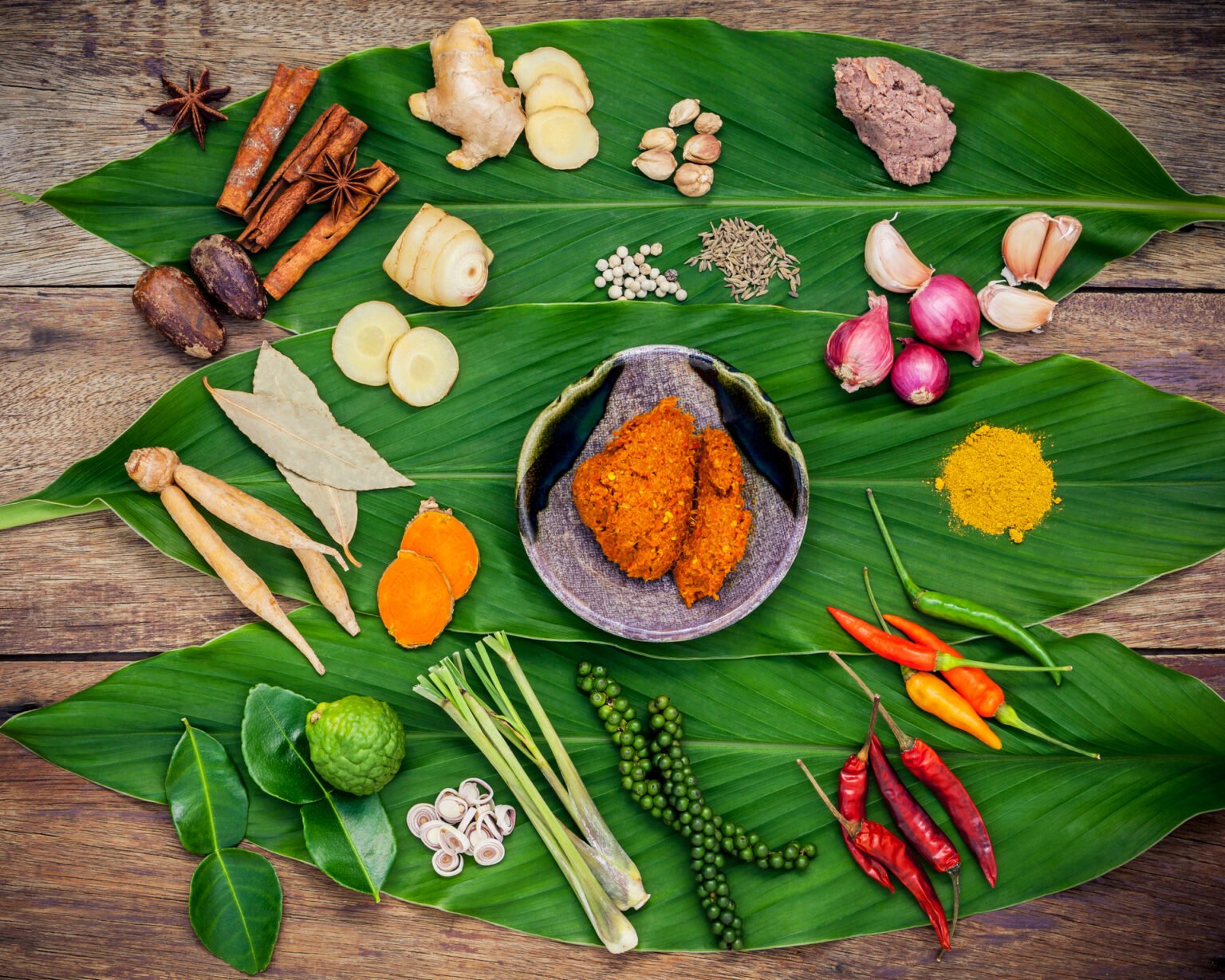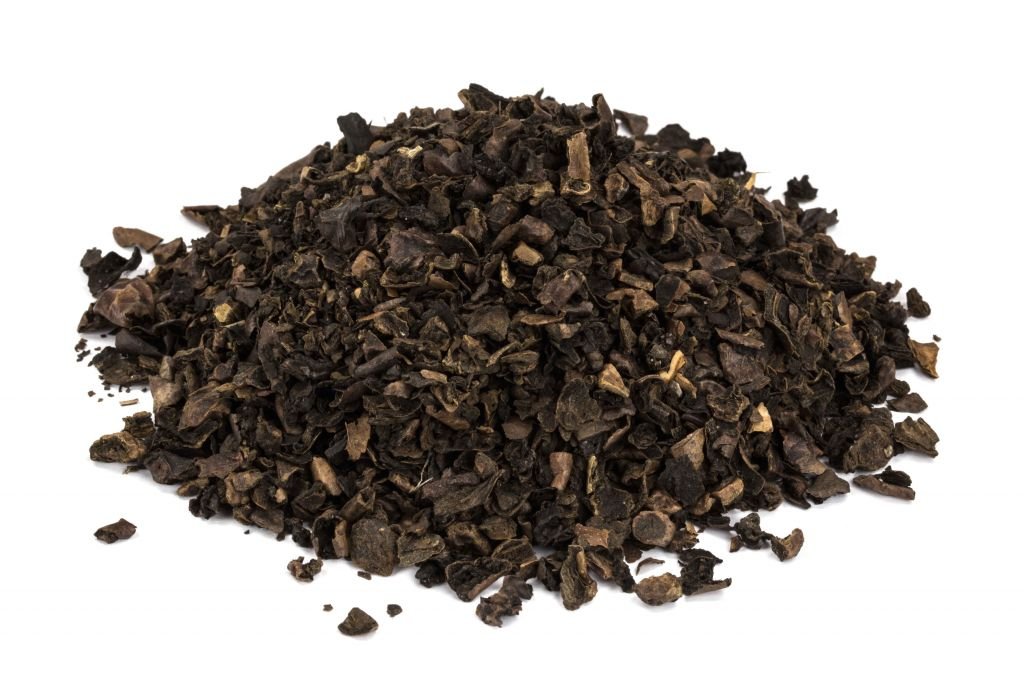Bursitis, an inflammation of the fluid-filled sacs (bursae) around your joints, can cause significant pain, swelling, and reduced mobility. While traditional medicine often relies on corticosteroid injections and anti-inflammatory drugs, many individuals seek alternative therapies that don’t come with the potential side effects of pharmaceuticals. As a natural medicine practitioner, I’m here to guide you through herbal remedies that can help alleviate bursitis symptoms in a safe, effective, and holistic way.
What is Bursitis?

Before diving into herbal remedies, it’s important to understand what bursitis is. The bursae are small, fluid-filled sacs that cushion the joints, helping them move smoothly. When these sacs become irritated or inflamed, often due to repetitive motion or injury, it results in a condition known as bursitis. Common sites affected by bursitis include the shoulders, elbows, hips, and knees.
Symptoms of bursitis include:
- Pain and swelling around the joint
- Reduced range of motion
- Tenderness in the affected area
Bursitis can be acute (short-term) or chronic (long-lasting), and while many people turn to surgery or injections, herbal remedies offer a gentler, natural alternative to manage inflammation and ease discomfort.
Why Choose Herbal Remedies for Bursitis?

Herbal remedies have been used for thousands of years in different cultures as a way to treat inflammation and pain. Unlike pharmaceuticals, which often come with unwanted side effects, herbs work synergistically with your body’s natural healing processes. Herbal treatments tend to focus on reducing inflammation, soothing pain, and improving joint mobility—all without causing harm to your internal organs or the risk of addiction.
Let’s explore the most effective herbal remedies for bursitis and how they can help you achieve relief.
Top Herbal Remedies for Bursitis
1. Turmeric (Curcuma longa)
Turmeric is perhaps one of the most well-known anti-inflammatory herbs, and it has been used in traditional medicine for centuries. The active compound in turmeric, curcumin, has been shown to inhibit inflammatory pathways in the body, making it highly effective for conditions like bursitis. Curcumin can help reduce the swelling of the bursae and provide pain relief, making turmeric an essential herb in treating bursitis naturally.
How to Use:
- Turmeric Tea: Boil a teaspoon of turmeric powder in water and sip it throughout the day. Adding a pinch of black pepper enhances curcumin absorption.
- Turmeric Paste: Mix turmeric powder with coconut oil or honey to form a paste. Apply it to the affected area for targeted relief.
- Supplements: You can also take turmeric supplements, though it’s important to consult with a healthcare professional for the right dosage.
2. Ginger (Zingiber officinale)
Ginger is another powerful anti-inflammatory herb, well-known for its ability to reduce pain and swelling. Ginger works by blocking the enzymes that trigger inflammation and pain in the body. It also boosts circulation, which can help promote the healing of inflamed tissues.
How to Use:
- Ginger Tea: Steep fresh ginger root in hot water and drink it two to three times a day.
- Ginger Oil Massage: Use ginger essential oil mixed with a carrier oil, such as olive or coconut oil, to massage the affected area. This can help improve blood circulation and alleviate stiffness.
- Supplements: Ginger supplements are available in many forms, including capsules, tablets, and powders.
3. Willow Bark (Salix alba)
Willow bark has been used for centuries as a natural pain reliever. It contains salicin, a compound similar to aspirin, which is known for its analgesic and anti-inflammatory properties. Willow bark can help alleviate pain associated with bursitis without the side effects of synthetic painkillers.
How to Use:
- Willow Bark Tea: Boil dried willow bark in water and sip the tea for its pain-relieving benefits.
- Willow Bark Supplements: For easier consumption, willow bark is also available in capsule or tablet form. Be sure to follow the recommended dosage guidelines.
4. Boswellia (Boswellia serrata)
Boswellia, also known as frankincense, is highly regarded for its anti-inflammatory properties. It can help reduce pain and improve mobility by decreasing inflammation around the joints. Boswellia has shown promise in treating conditions like arthritis and bursitis, where chronic inflammation is a significant issue.
How to Use:
- Boswellia Resin: You can chew the resin, but it’s more commonly taken in supplement form.
- Boswellia Tea: Some people prefer to brew Boswellia tea for added benefits. However, it’s also available in capsules for convenience.
5. Eucalyptus (Eucalyptus globulus)
Eucalyptus is widely used for its ability to relieve pain and reduce inflammation. Its cooling effect on the skin helps soothe inflamed areas, and its analgesic properties can offer quick relief from bursitis-related pain.
How to Use:
- Eucalyptus Oil Massage: Dilute eucalyptus essential oil with a carrier oil and massage it gently into the affected area. The cooling sensation can offer immediate relief from pain and swelling.
- Eucalyptus Steam: You can also inhale eucalyptus steam by adding a few drops of the essential oil to a bowl of hot water and inhaling the vapor. This can help reduce inflammation in the body and provide respiratory relief.
How to Incorporate These Herbs Into Your Daily Routine
To maximize the benefits of these herbal remedies, consider incorporating them into your daily life in various forms. Here are some easy tips:
- Herbal Teas: Drink a variety of anti-inflammatory teas such as turmeric, ginger, or Boswellia throughout the day to keep inflammation at bay.
- Topical Applications: Create herbal compresses, oils, or creams to apply directly to the affected areas for faster pain relief.
- Supplements: If you don’t have access to fresh herbs, consider high-quality herbal supplements for a more concentrated form of the herbs.
Precautions and Considerations
While herbal remedies are generally safe, it’s important to consult with a healthcare provider, especially if you have pre-existing conditions or are taking other medications. Certain herbs like turmeric and ginger may interact with blood thinners or other medications. Additionally, some people may experience mild allergic reactions to certain herbs, so always perform a patch test if using essential oils topically.
Conclusion
Bursitis can significantly impact your quality of life, but with the right approach, natural remedies can provide effective relief. Herbs like turmeric, ginger, willow bark, Boswellia, and eucalyptus have been used for centuries to treat pain and inflammation naturally. By incorporating these remedies into your routine, you can support your body’s healing process while avoiding the harsh side effects of pharmaceutical treatments.
Remember, herbal remedies should be used in conjunction with a healthy lifestyle, including proper rest, gentle exercises, and a balanced diet. If you’re experiencing persistent symptoms, always consult with a healthcare professional for a tailored treatment plan. Let natural medicine guide your journey to healing—naturally and effectively.









